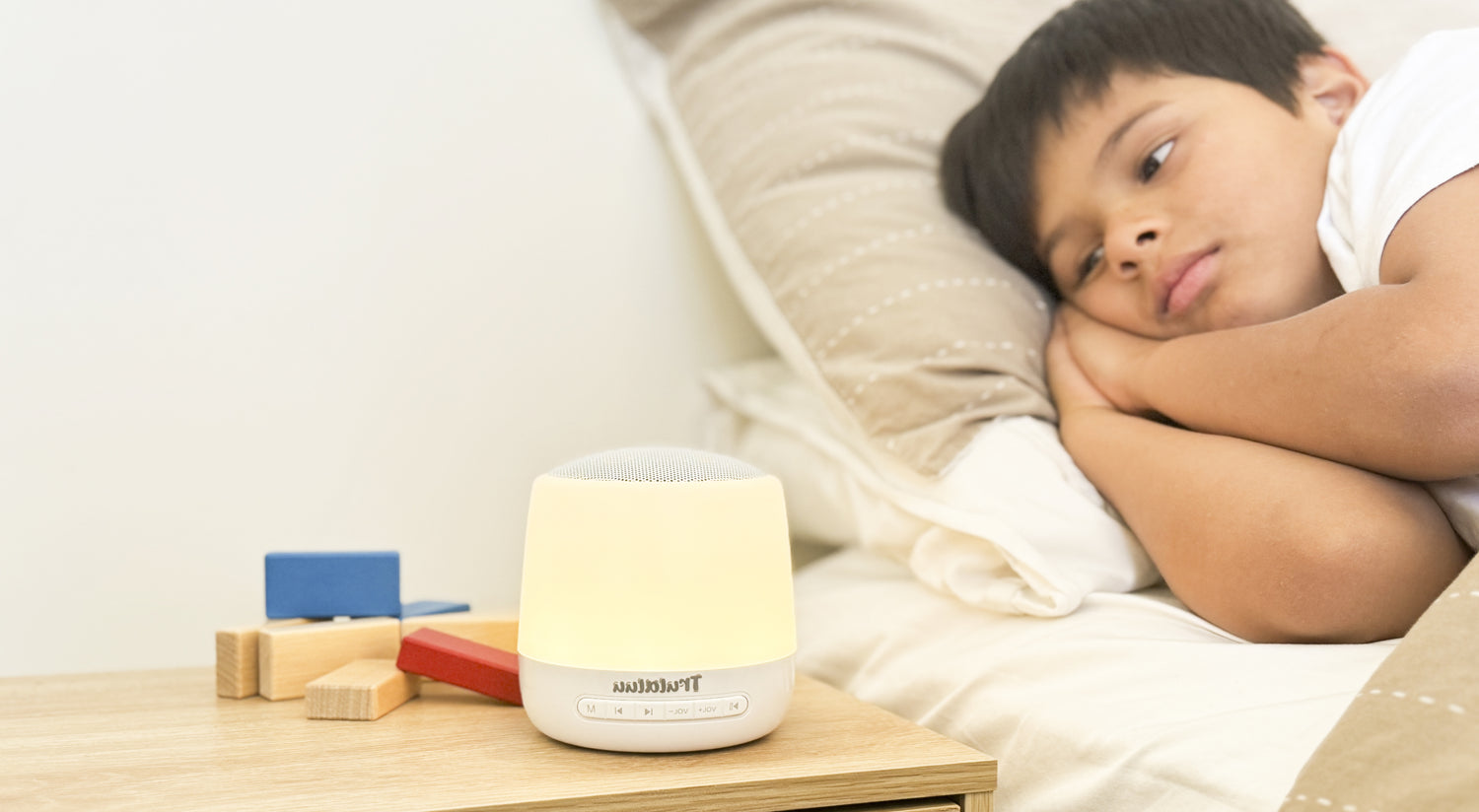The Essential Guide for Parents
Sleep is more than just a nightly routine, it’s a cornerstone of your child’s growth and well-being. For children, sleep isn’t just about feeling rested; it’s when their bodies and minds do some of their most important work. From physical growth to emotional stability and cognitive development, sleep impacts every aspect of their lives. Let’s explore why sleep is so essential and how you can ensure your child gets the rest they need.
Why Sleep is Critical for Your Child’s Growth
When your child sleeps, their body doesn’t simply “shut down.” Instead, it enters an active phase of restoration and development. Here’s how sleep directly impacts their growth:
-
Physical Growth Happens During Sleep
During deep sleep, the body releases growth hormone, which plays a vital role in building and repairing tissues, strengthening bones, and developing muscles. Sleep also supports a healthy immune system by producing proteins called cytokines that fight off infections and inflammation. Without enough sleep, these processes slow down, potentially affecting your child’s physical development. -
The Brain Works Harder While They Sleep
Sleep is essential for brain development and function. While your child rests, their brain is busy consolidating memories, solving problems, and processing emotions. These activities help them retain what they’ve learned, improve their decision-making, and develop social and emotional skills. -
Sleep Helps Regulate Emotions
Children who get enough sleep are better equipped to handle frustrations, adapt to changes, and process their emotions. On the other hand, lack of sleep can make them more irritable, prone to tantrums, and less able to cope with everyday challenges.
The Risks of Poor Sleep for Children
When children don’t get enough sleep, the consequences go beyond cranky mornings. Sleep deprivation can have serious ripple effects on their health and development:
- Cognitive Struggles: Without proper sleep, children may struggle to focus, retain information, and perform well in school.
- Emotional Instability: Sleep-deprived children are more likely to experience mood swings, anxiety, and difficulty regulating their emotions.
- Weakened Immune System: Poor sleep reduces the body’s ability to fight off illnesses, leaving children more susceptible to colds and infections.
- Delayed Physical Growth: Since growth hormone is released primarily during deep sleep, children who don’t sleep enough may experience slower physical development.
How Much Sleep Does Your Child Need?
The amount of sleep your child needs varies depending on their age. Here’s a quick guide to ensure your child is getting enough rest:
- Newborns (0-3 months): 14-17 hours per day.
- Infants (4-11 months): 12-15 hours per day.
- Toddlers (1-2 years): 11-14 hours per day.
- Preschoolers (3-5 years): 10-13 hours per day.
- School-Age Children (6-13 years): 9-11 hours per day.
If your child isn’t meeting these guidelines, it’s time to evaluate their sleep habits.
Tips for Building Healthy Sleep Habits
Helping your child develop good sleep habits doesn’t have to be overwhelming. Start with these simple strategies:
-
Stick to a Consistent Routine:
Set a regular bedtime and wake-up time, even on weekends, to regulate their internal clock. -
Create a Calm Environment:
A sleep-friendly space is quiet, dark, and cool. Use blackout curtains, soft lighting, and a white noise machine to create a soothing atmosphere. -
Limit Stimulants Before Bed:
Avoid screens, sugary snacks, and exciting activities at least an hour before bedtime to help their body wind down. -
Introduce Relaxing Bedtime Activities:
Reading a story, taking a warm bath, or listening to calming sounds can signal that it’s time to sleep. -
Encourage Self-Soothing:
Teach your child to fall asleep on their own by creating a comforting routine that they can rely on every night.
The Long-Term Benefits of Quality Sleep
Prioritizing sleep doesn’t just improve your child’s day-to-day mood and energy levels—it also sets them up for long-term success. Children who consistently get enough sleep are more likely to excel in school, develop healthy relationships, and maintain strong physical and emotional health.
Sleep is the foundation for growth in every sense of the word. It supports their curiosity, strengthens their resilience, and gives them the tools they need to explore the world with confidence.
As a parent, ensuring your child gets enough sleep might feel like one more thing to juggle in your already busy life. But the effort is worth it. Sleep is the gift that keeps on giving—improving their growth, well-being, and happiness every day.
Start small. Whether it’s introducing a consistent bedtime or adding a white noise machine to their room, small changes can make a big difference. Over time, you’ll see the results in your child’s energy, mood, and ability to thrive.
Trulaluu’s White Noise Machine is designed to create the perfect sleep environment for your child, helping them fall asleep faster and stay asleep longer.

